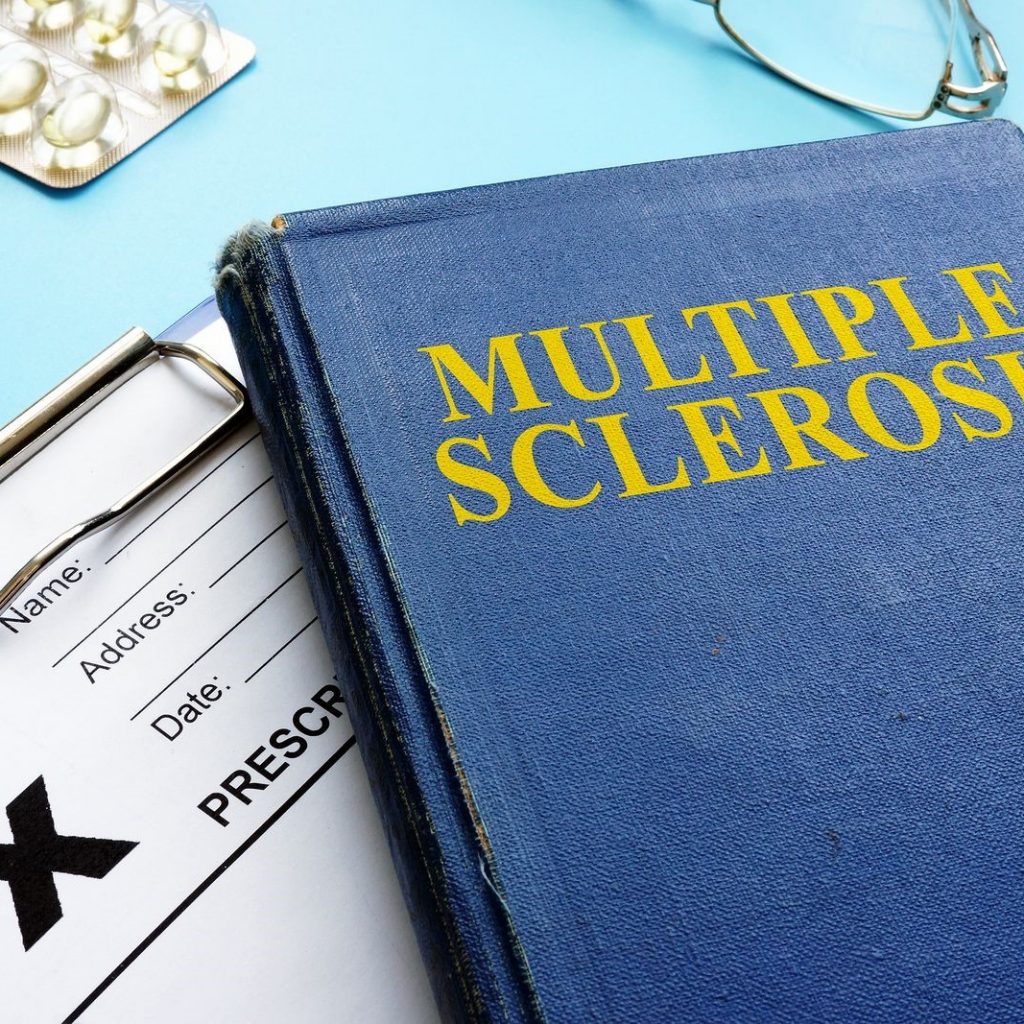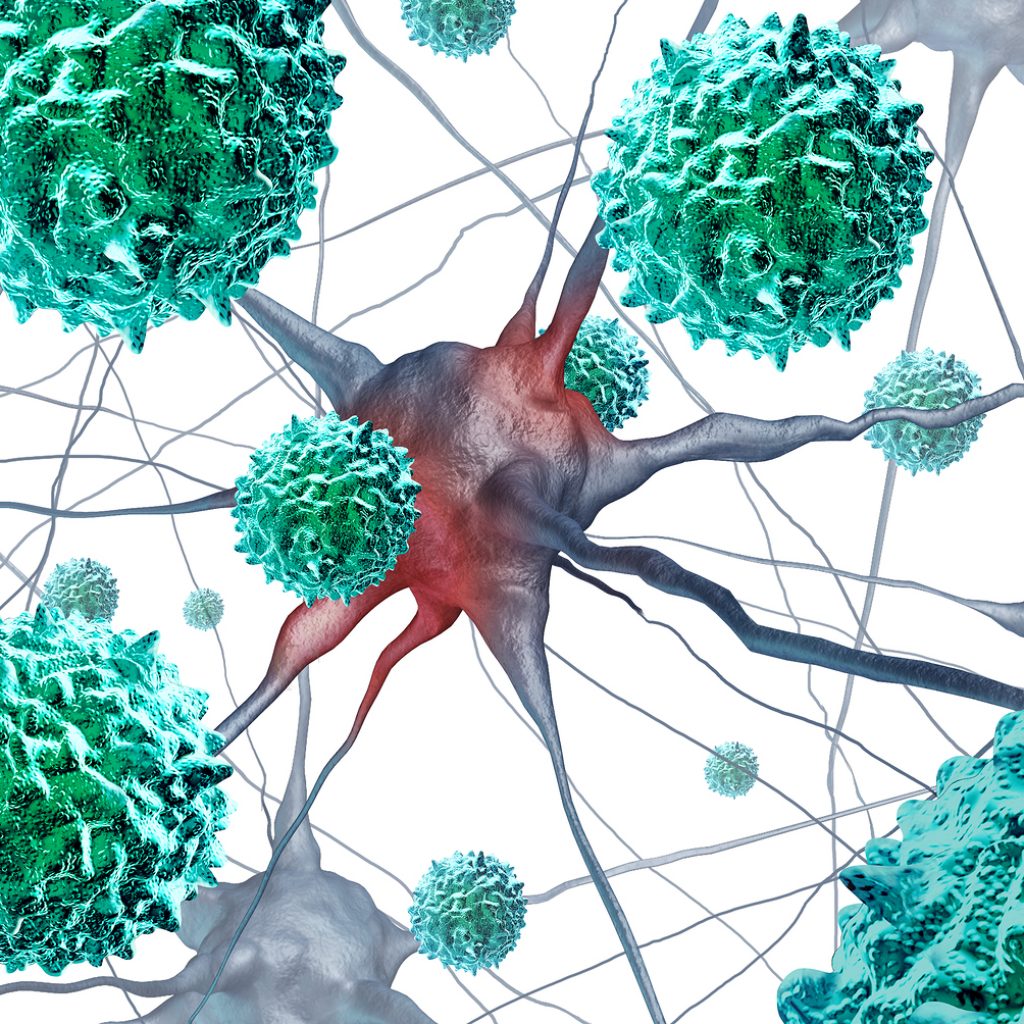Dispelling the Myths about Parkinson’s Disease
Parkinson’s Disease (PD) is a complex neurodegenerative disorder that affects millions of people worldwide. Despite its prevalence, there are numerous misconceptions surrounding the condition that can lead to stigma and misinformation. When it comes to dispelling the myths about Parkinson’s Disease, we aim to clarify the five most common ones by drawing on the latest research and on expert opinions.
Myth 1: Parkinson’s Disease is solely a motor condition.
While Parkinson’s is often characterized by its motor symptoms, such as tremors and rigidity, it is much more than that. Nonmotor symptoms, including cognitive impairment, anxiety, depression, and sleep disturbances, can significantly affect a patient’s quality of life and are receiving increasing attention from the medical community.
Myth 2: Parkinson’s medications cause symptoms to worsen.
The belief that medications for Parkinson’s Disease, particularly Levodopa, exacerbate symptoms or accelerate disease progression is outdated. Levodopa remains the cornerstone of PD treatment, improving the quality of life for many patients without hastening the disease.
Myth 3: Everyone with Parkinson’s experiences tremors.
Tremors are synonymous with Parkinson’s in the public eye, yet not all patients experience them. Parkinson’s manifests differently in each individual, and some may never develop a tremor at all.
Myth 4: There’s little you can do beyond medication.
Contrary to the fatalistic view that medication is the only intervention, lifestyle changes, especially regular exercise, have been shown to have a positive impact on managing symptoms and improving daily functioning.
Myth 5: Parkinson’s Disease is a death sentence.
While PD is a serious condition, it is not directly fatal. After consulting with a neurologist, patients will know how to better manage symptoms effectively for many years, and the disease itself does not cause death. However, complications from PD can increase the risk of life-threatening situations.
Understanding Parkinson’s Disease is crucial for patients, caregivers, and the public to foster a supportive environment and promote effective management strategies. By dispelling the myths about Parkinson’s Disease, we can approach PD with a more informed and compassionate perspective.
For more detailed information and support, consider visiting reputable sources such as the Johns Hopkins Parkinson’s Disease and Movement Disorders Center and the Parkinson’s Foundation. Schedule an appointment with your local neurologist to discuss your symptoms. During the appointment, a thorough evaluation will be conducted to understand your health concerns, which may include a physical examination, a review of your medical history, and possibly diagnostic tests. This process is crucial for obtaining an accurate diagnosis and determining the best course of treatment for your condition.
References:
Johns Hopkins Parkinson’s Disease and Movement Disorders Center













